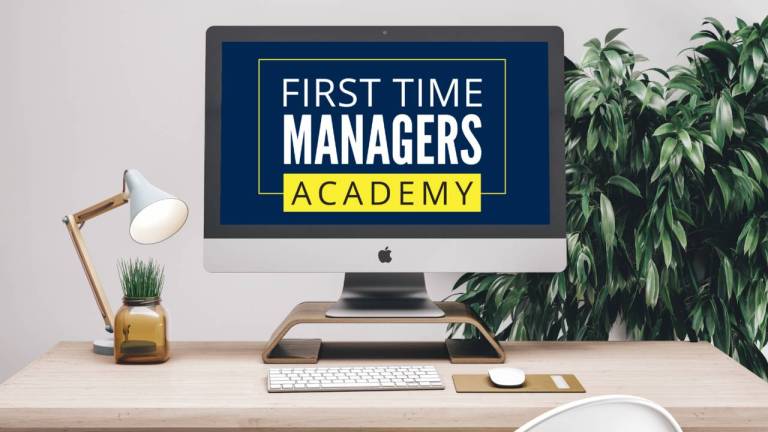We place such high value education, before high school and after, and an eternal burning question of educators aims to continually improve the results of their and their students’ efforts in the classroom. The image of a classroom likely evokes an image of a teacher at the front of a room, talking amd pointing to a roomful of half-listening individuals. We know this happens at the college-level, too!

Now, school has gone remote, and whether it will remain a requirement or not, this mode of learning will not go away. I myself teach online for a local community college and constantly wonder if my efforts are leading to true student learning. Or are they just going through the gestures and getting the grade?
The concept of student autonomy, which is a student having an active an interested ability to be fully engaged in their own learning, forces us to rethink the eternal classroom image in our heads.
How do we get students to care more and be more active in their own learning?
The research and common sense reveal that the answer is actually simple – give students more choices to design their learning around their own interests and paths. Seems simple, but truly, it requires us educators to make some fundamental changes in the structure our work.
An article tackling this topic in online discussions on Facultyfocus.com was in particular of interest to me since I only teach one now, and I use the method of discussion post & two peer replies shared at the beginning of the article. Told me to listen up! Basically, students need to have choices – choices in both assignment type and assignment topic. This makes sense – in order for someone to care about what they are doing, they need to have relevance to them.
According to the article, Sardo and York share 5 ways to promote student autonomy in online discussions, which all centers around choice:
1. Allow students to shape guidelines
2. Offer choice in prompts
3. Let students choose how to reply
4. Let them choose between synchronous and asynchronous discussions
5. Offer alternatives to online discussions
At some point, we as educators need to reinvent ourselves. Education is about students and learning, not the teachers, but it has a very sage-centered delivery expectation. By literally flipping the classroom, we hope to bring in the eagerness of students that they bring to their videogaming sessions.
The question of whether it is too much choice shall remain for another discussion.
What are your thoughts on creating an environment that promotes student autonomy? I’d love to hear your ideas and what you’ve seen work! Thanks in advance for sharing your thoughts.
Sardo and York. (March 16, 2020) Five ways to promote student autonomy in online discussions, Facultyfocus.com. Retrieved from the World Wide Web on March 10, 2021, a https://www.facultyfocus.com/articles/online-education/online-course-delivery-and-instruction/five-ways-to-promote-student-autonomy-in-online-discussions/






